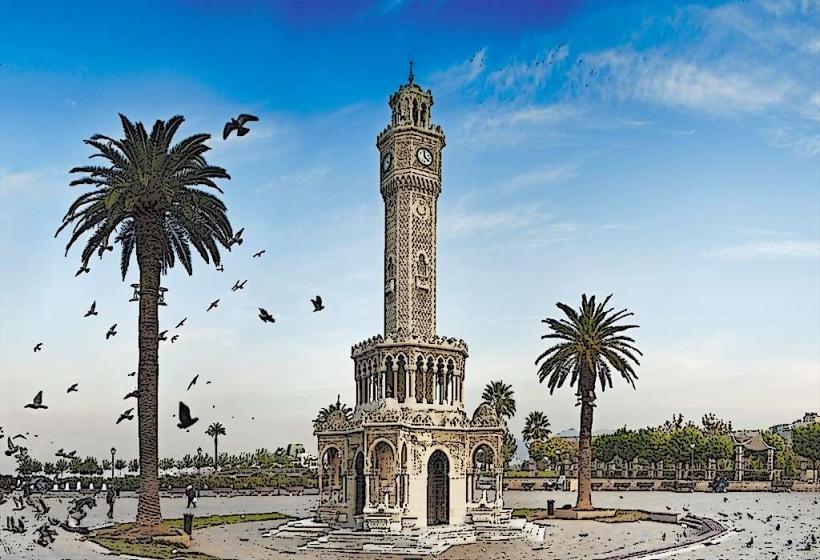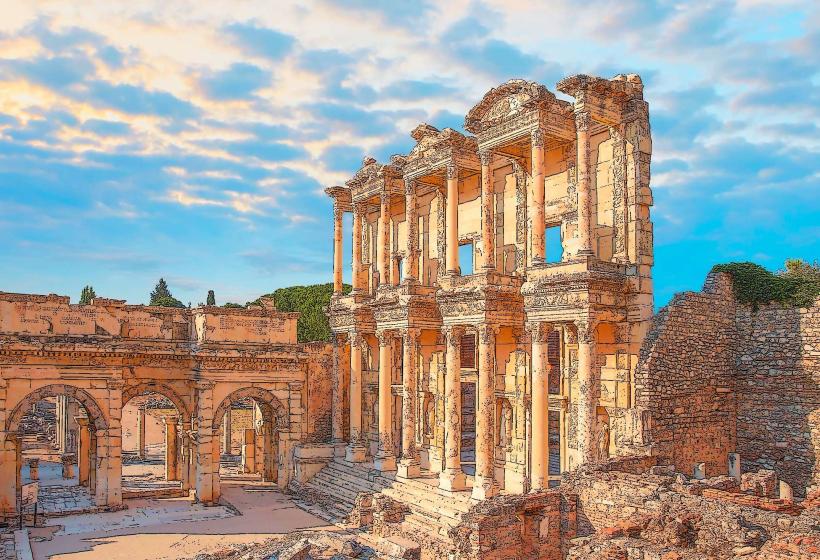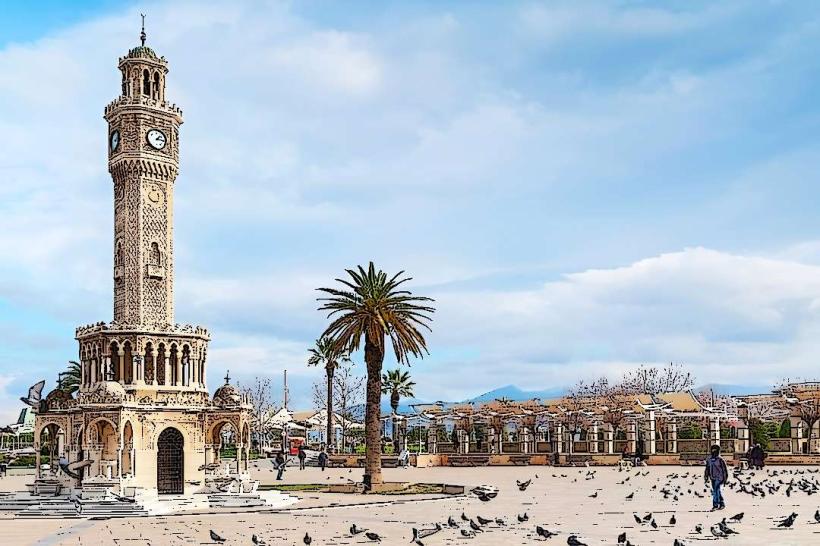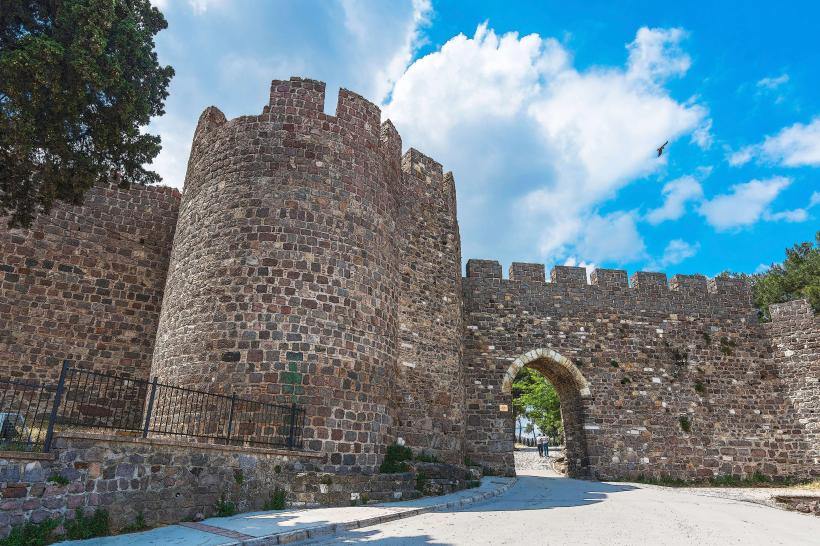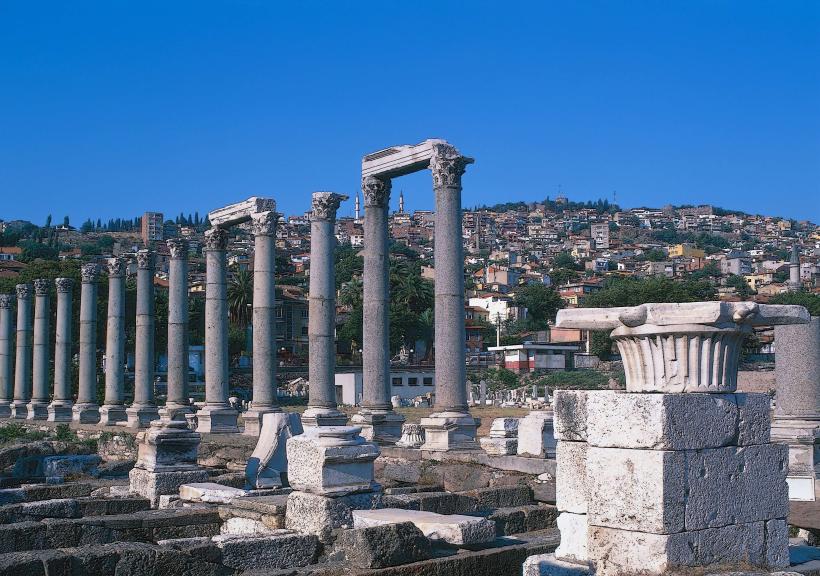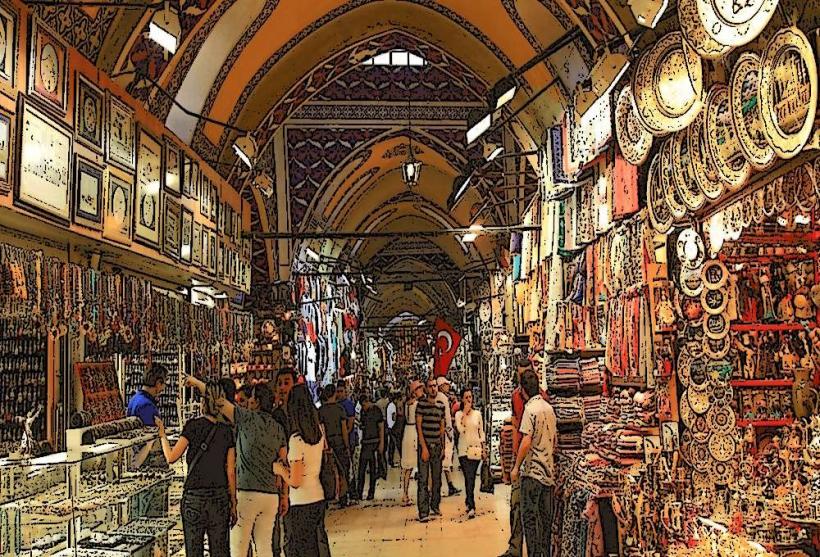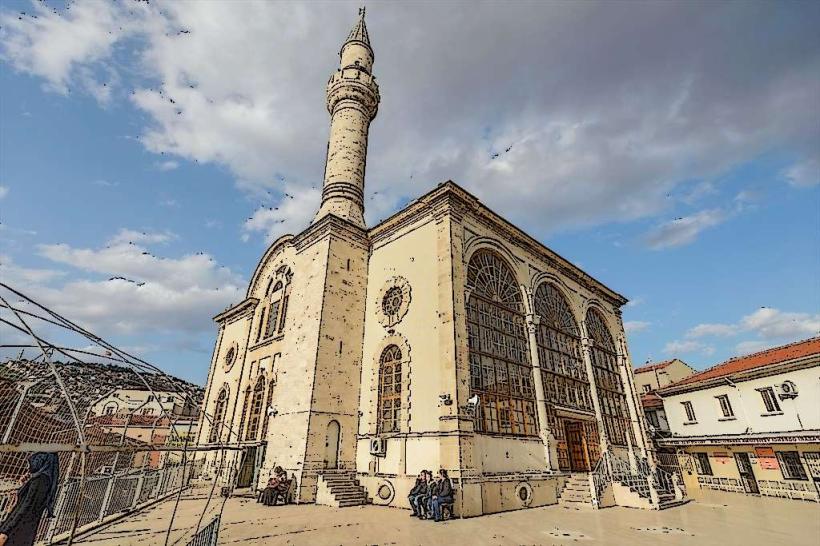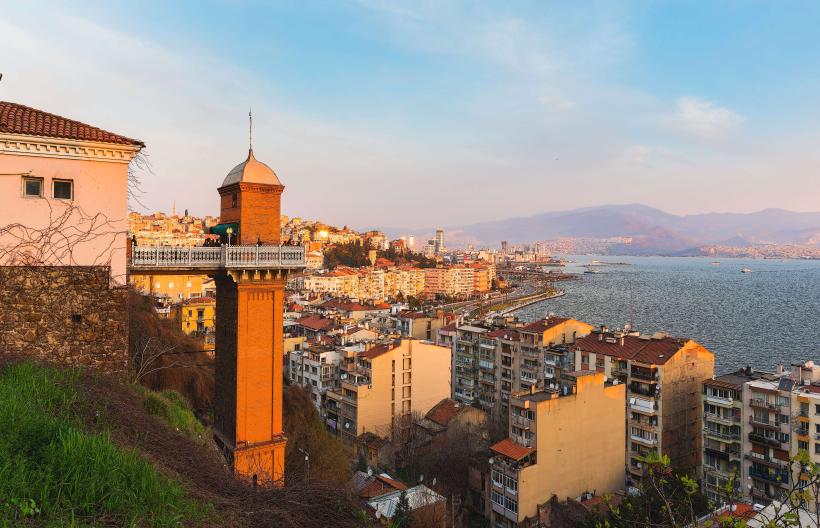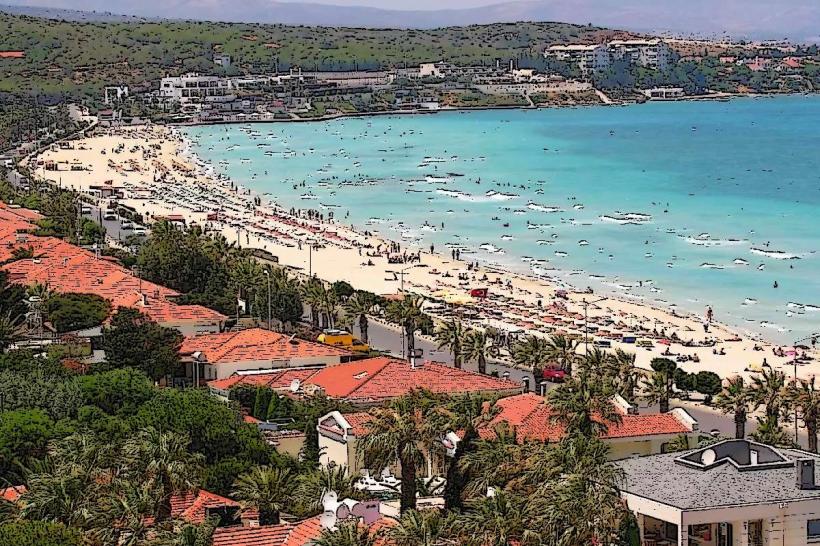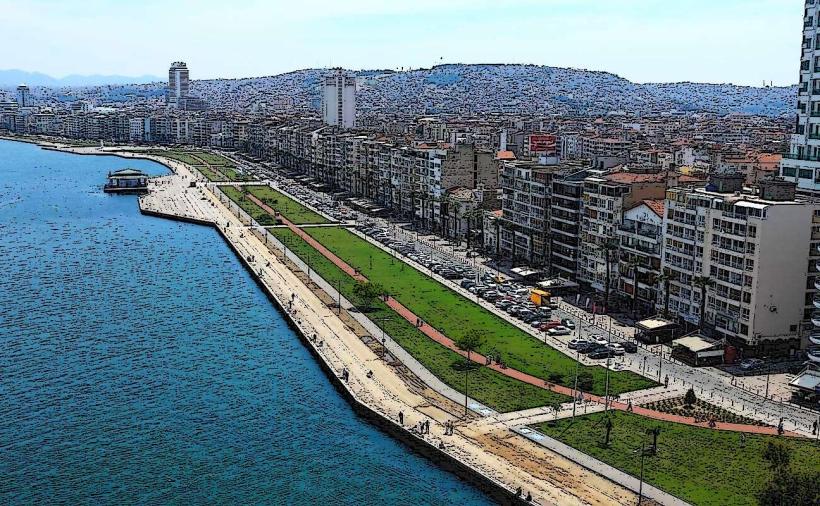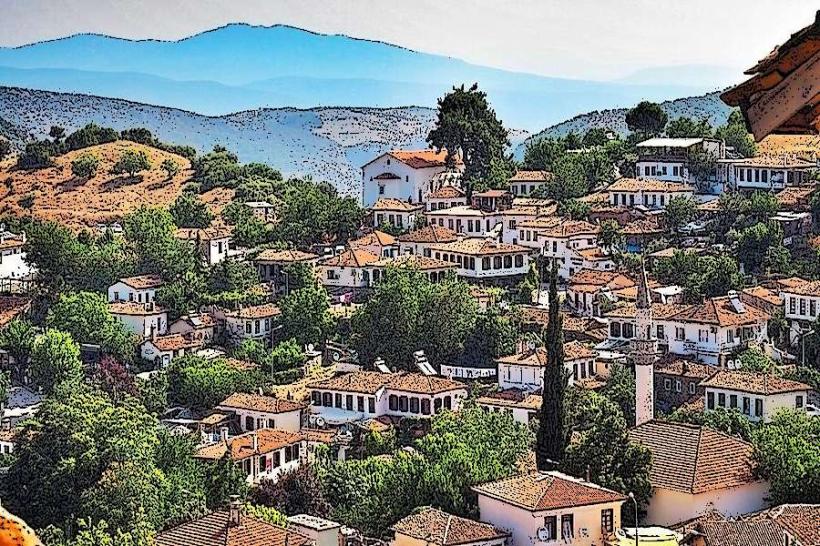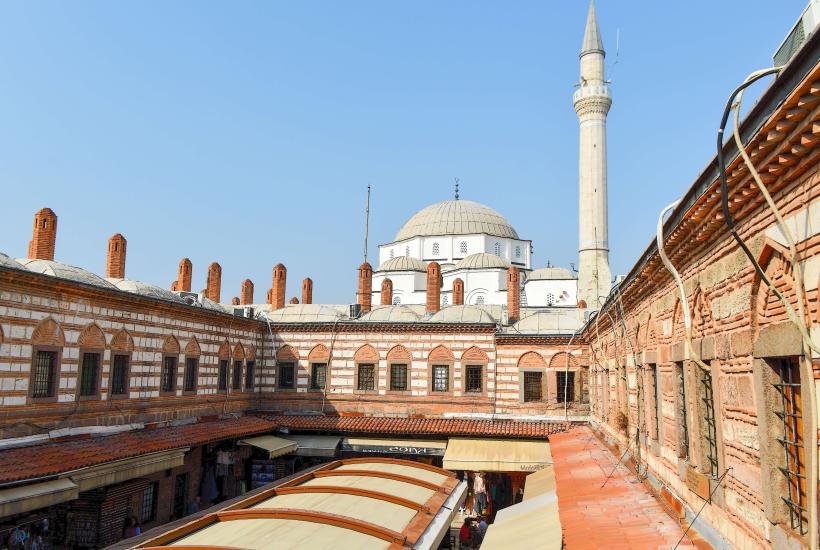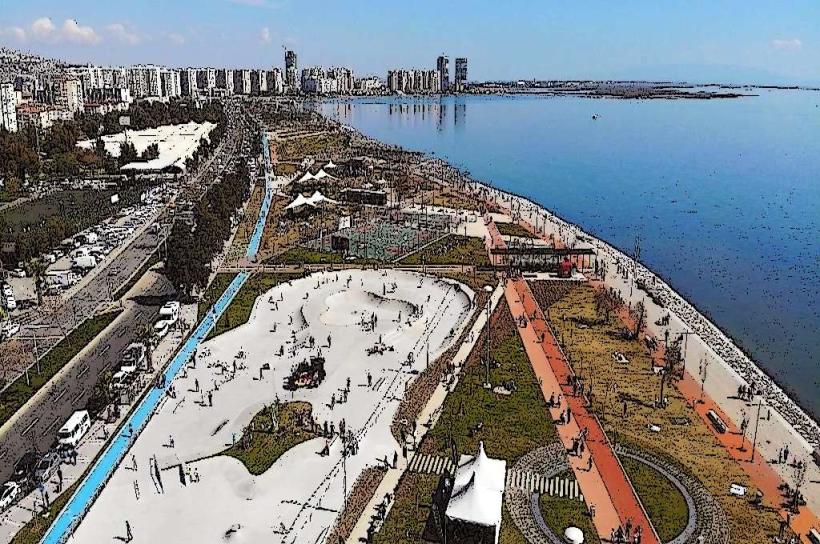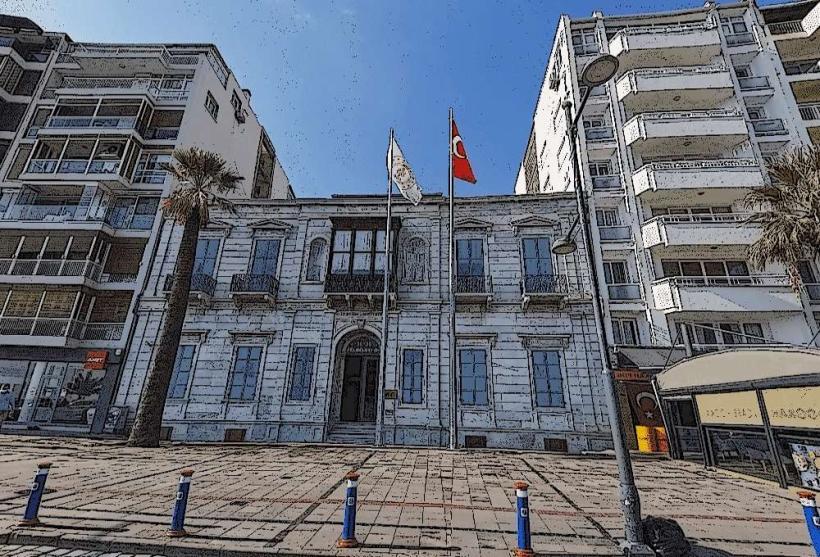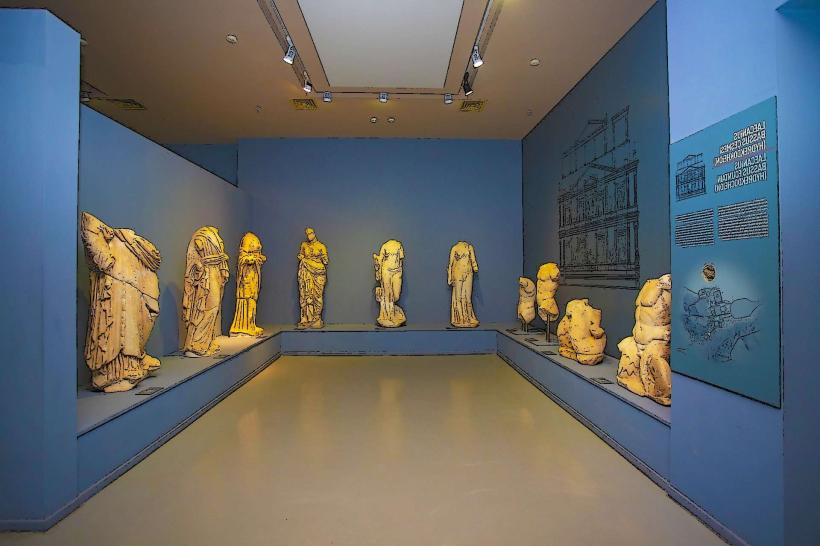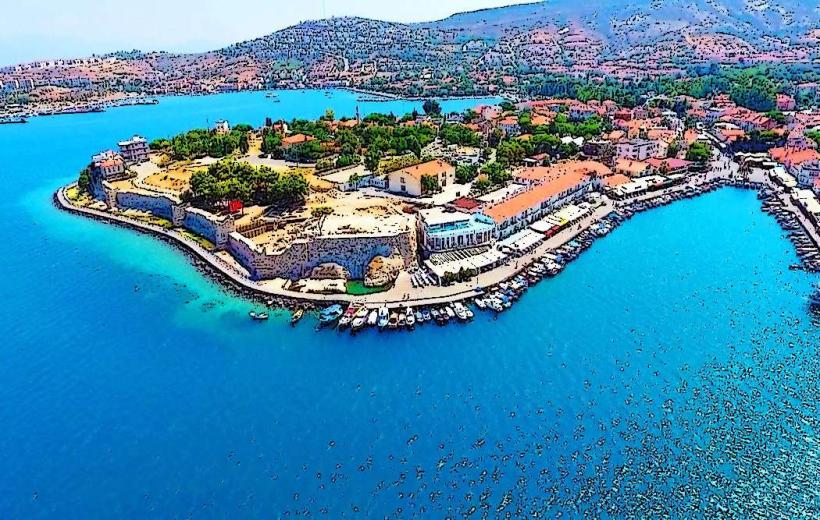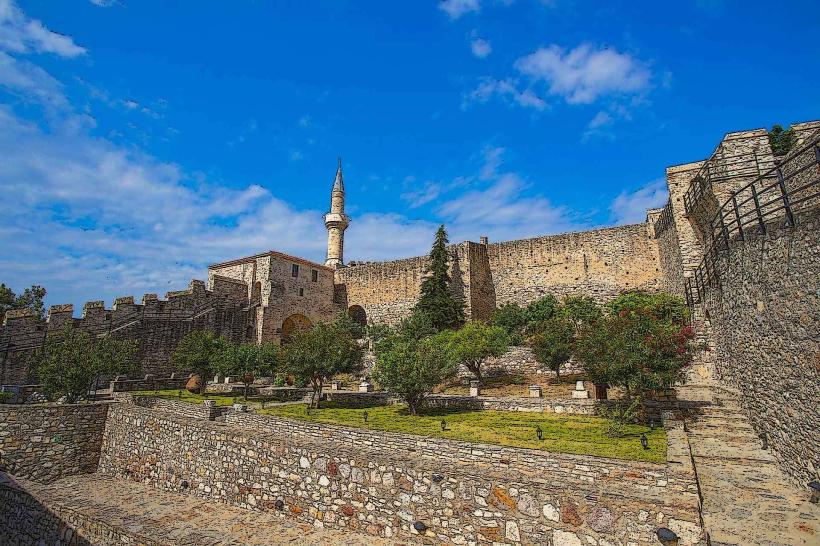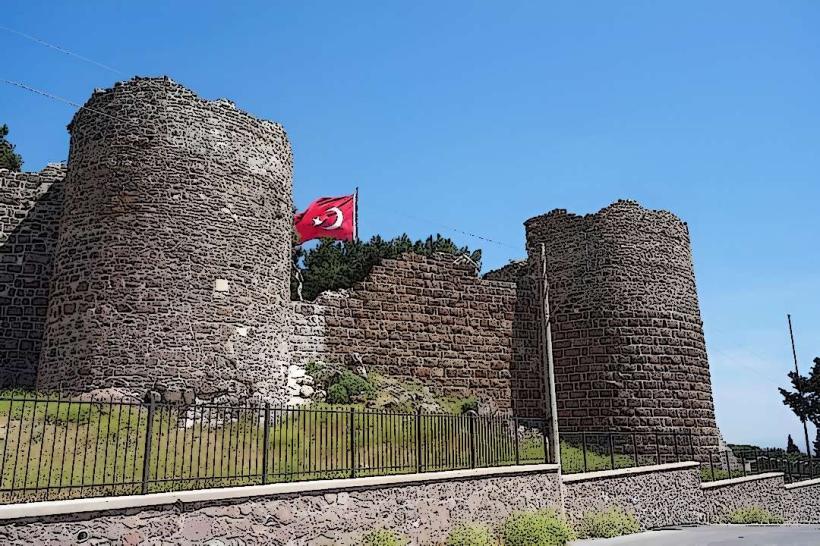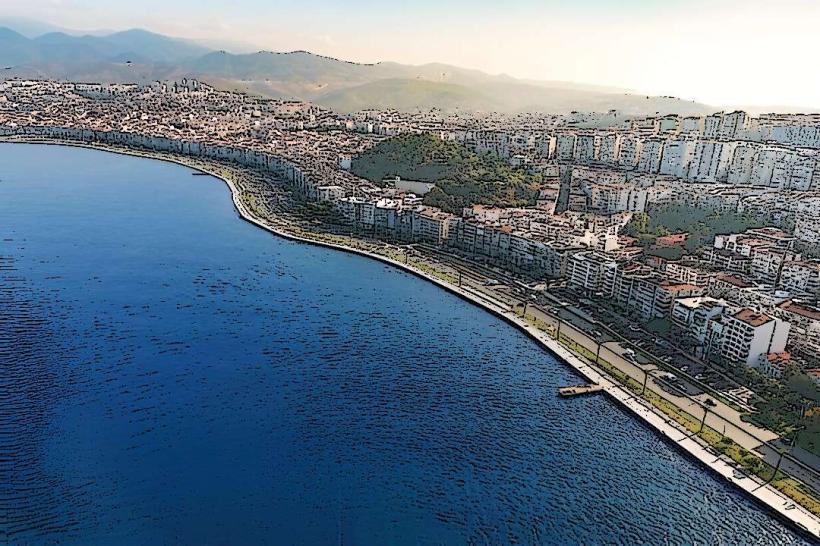Information
Landmark: Izmir Archaeology MuseumCity: Izmir
Country: Turkey
Continent: Asia
Izmir Archaeology Museum, Izmir, Turkey, Asia
The Izmir Archaeology Museum is a museum dedicated to the archaeological finds of the Izmir region and its surroundings. It is located in the Konak district of Izmir, Turkey.
Visual Characteristics
The museum is housed in a modern, multi-story building. The exterior is primarily concrete and glass. Inside, exhibition halls are designed for artifact display, with climate-controlled environments. The building's architecture is functional, prioritizing exhibition space and preservation.
Location & Access Logistics
The museum is situated at Kültür Mahallesi, Atatürk Caddesi No: 166, Konak, Izmir. It is approximately 2km south of the Izmir city center. Public transport is readily available; the Izmir Metro's Üçyol station is within walking distance (approximately 500 meters). Numerous bus lines also serve Atatürk Caddesi. Paid parking is available in designated lots near the museum.
Historical & Ecological Origin
The Izmir Archaeology Museum was established in 1927. Its current building was constructed in the 1980s to house the growing collection. The museum's purpose is to collect, preserve, and exhibit artifacts from the prehistoric, ancient Greek, Roman, Byzantine, and Ottoman periods found in the Izmir province.
Key Highlights & Activities
Visitors can view artifacts from various archaeological sites, including Ephesus, Pergamon, and Klazomenai. Key exhibits include Hellenistic and Roman sculptures, pottery, coins, and jewelry. The museum offers guided tours on a scheduled basis. Photography without flash is permitted in most exhibition areas.
Infrastructure & Amenities
Restrooms are available on each floor. Limited seating is provided within exhibition halls. There is no dedicated shaded outdoor area. Cell phone signal (4G/5G) is generally strong within the museum. Food and beverage services are not available on-site, but numerous cafes and restaurants are located within a 500-meter radius.
Best Time to Visit
The museum is open year-round. Weekday mornings, particularly between 10:00 AM and 12:00 PM, tend to have fewer visitors. The best time for photography is during daylight hours when the internal lighting is optimal for artifact viewing. No specific tide requirements apply.
Facts & Legends
A notable artifact is the statue of Poseidon, discovered in the ancient city of Cyzicus. A lesser-known fact is that the museum's collection includes over 15,000 items, with only a fraction displayed at any given time.
Nearby Landmarks
- Konak Square (0.8km Northwest)
- Izmir Clock Tower (1km Northwest)
- Kemeralti Market (1.2km Northwest)
- Izmir Ethnography Museum (1.5km Northwest)
- Atatürk Monument (1.8km Northwest)

